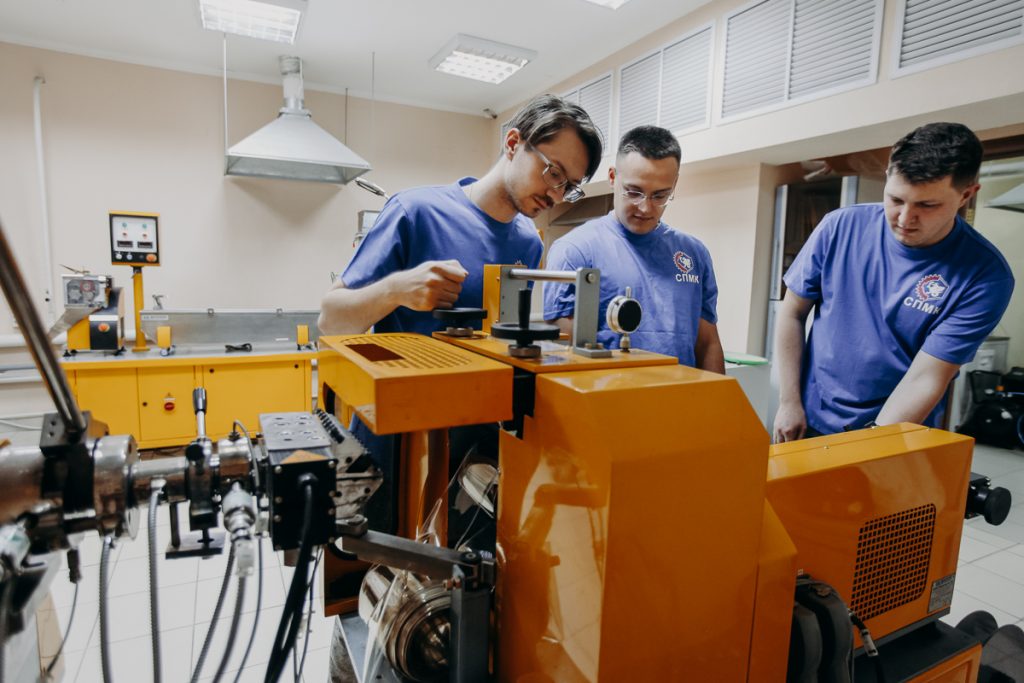University to develop homemade filters for petroleum products

The project of scientists from the Laboratory of Synthetic Polymer Materials and Composites of the Institute of Chemistry of KFU and Topchiev Institute of Petrochemical Synthesis of the Russian Academy of Sciences Purification of viscous hydrocarbons using new heat-resistant and chemically resistant polymer ultrafiltration membranes became the winner of the Russian Science Foundation competition.
15 million rubles per year will be allocated for its implementation in 2024–2027, with the possibility of continuing the project for another three years. In total, about 400 applications were received for this competition, and 31 projects received grants.
Scientists will have to develop a new method for producing porous chemical and heat-resistant membranes from domestic polyphenylene sulfide for filtering petroleum products at elevated temperatures.
“Polyphenylene sulfide-based materials developed by members of our laboratory will be used as a polymer matrix for producing membranes. As part of the project, membranes made of polyphenylene sulfide with a given pore size, necessary for separating petroleum products by filtration, will be created for the first time. They will be tested in the process of filtration of viscous petroleum products (oils) at elevated temperatures. The influence of membrane filtration on the nature and degree of change in the properties of oils will be assessed,” said Lab Head Igor Antipin.
He added that purification of used engine oils from harmful impurities for the purpose of their reuse is one of the most important tasks of the economy.
“We will produce membranes from polyphenylene sulfide, the synthesis technology of which was developed here in Kazan. In our city there is a plant for its production, the only one in Russia. Polyphenylene sulfide is a superstructural polymer material that can operate without losing its physical and mechanical properties at temperatures of 250 degrees and above,” he continued.
KFU chemists are faced with a difficult task – to make pores of a certain (nanometer) size and a certain shape in a polymer material so that oil molecules pass through the membrane pores freely, but contaminants remain filtered. Using these porous membranes, representatives of the Institute of Petrochemical Synthesis will create filtration units.
According to Igor Antipin, our country now purchases filters for petroleum products abroad. Russian-made filters will cost much less. Solving this problem will have a colossal economic effect and contribute to the economic security of Russia.

